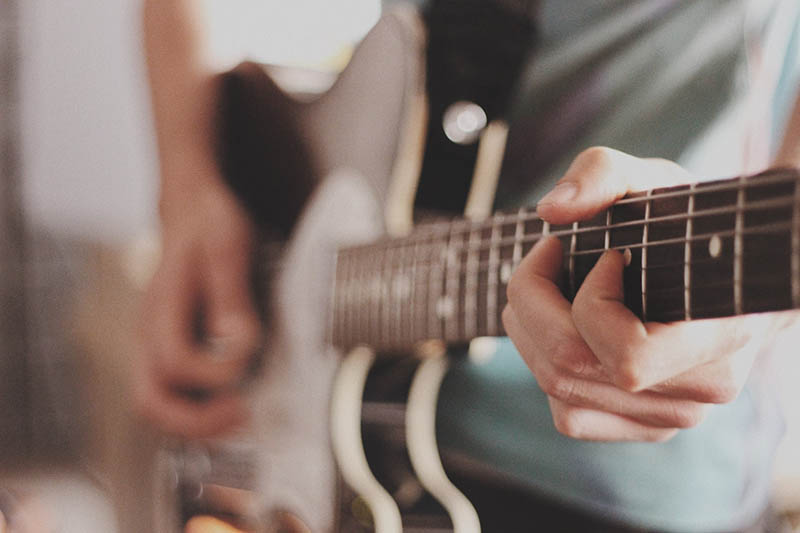Community, Leadership, Experimentation, Diversity, & Education
Pittsburgh Arts, Regional Theatre, New Work, Producing, Copyright, Labor Unions,
New Products, Coping Skills, J-O-Bs...
Theatre industry news, University & School of Drama Announcements, plus occasional course support for
Carnegie Mellon School of Drama Faculty, Staff, Students, and Alumni.
CMU School of Drama
Friday, October 09, 2020
Microphone Techniques To Get Great Recorded Electric Guitar Sound
ProSoundWeb: Because of its fundamental importance in popular music, the electric guitar is the subject of intense scrutiny and wide differences of opinions. Just what makes a good guitar sound? Compared to all the subtle and not so subtle sounds that come out of an electric guitar amp, fidelity judgments of vocal sounds are easy to make!
Subscribe to:
Post Comments (Atom)

1 comment:
When recording instruments through a microphone to use for mixing, composing, or just plain recording, I find it a struggle to get the crisp, true tone of the instrument that won't sound, well, recorded through a microphone, in the music. Often times it has a very midi tone and getting that final sound byte is difficult. I found this article very informative and useful. I thought it was well presented, not just in its content, but also in the structure of the article; it goes through steps such as microphone selection, placement, and multiple miking while providing photos to show. One thing I thought could be more useful to those unfamiliar with microphones would be to include a graphic diagram of how microphones pick up the sound so that people looking at this article would get a better understanding of acoustics as well. I also appreciated how they listed specific brands and types of amps and microphones they were working with, so if someone was looking to buy equipment for better electric guitar recording they could do so.
Post a Comment